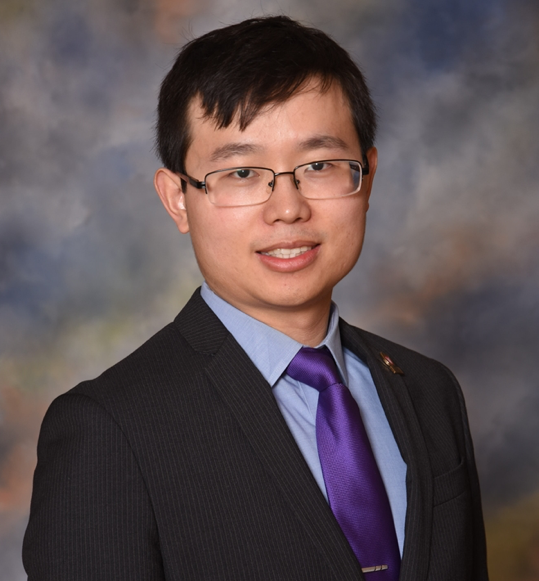“Towards Low-Carbon Electric Drive Systems: Electrostatic Machines as an Alternative”
Thursday, Oct. 21 at 1:00pm
Via Zoom
Email communications@ece.ufl.edu for Zoom info
Abstract
About 45% of the total global electricity consumption flows through electric drive systems (EDS) including electric machines and their drives. The mission of carbon neutralization is expected to render this percentage considerably higher in the coming decades. In the low-carbon transition, success to reach the carbon footprint target relies heavily on the improvement of torque density and running efficiency as well as the reduction of lifetime costs of EDS. The first part of the presentation discusses electrostatic machines as an alternative in low-speed high-torque applications, in which traditional electromagnetic machines are inherently inefficient. A multiplicative gain design approach was implemented to significantly reduce the 4 to 5 orders of torque density gap between electrostatic machines and permanent magnet machines while maintaining the unique strength of electrostatic machines. In the second part, Dr. Ge will further introduce several ongoing research works in line with the objective of reducing the carbon footprint of EDS. These works include: 1) exploring the torque density limit in electric machines which guides the diagnosis of material bottleneck and discovery of new topologies; 2) exploiting digital twin and artificial intelligence for EDS sensing and thus running performance improvement; and 3) optimizing the lifetime EDS carbon footprint collectively over their manufacturing, operations, maintenance, and end-of-life recycling.
Biography
Dr. Baoyun Ge received the B.E. degree in Electrical Engineering from Southeast University, Nanjing, China, in 2012, and the Ph.D. degree in Electrical and Computer Engineering from the University of Wisconsin-Madison, Madison, WI, in 2018. He is currently a research electrical engineer with C-Motive Technologies, Inc., Madison, a startup company developing capacitively coupled power conversion technologies. His research interests lie in electric drive systems, including the application of artificial intelligence, IoT, parallel computing, and advanced manufacturing to reduce the carbon footprint of electric machines and drives throughout their lifetime. Dr. Ge received the First Place Paper Award and the Third Place Thesis Award from the IEEE Industry Application Society (IAS) in 2017 and 2019, respectively. His work is also recognized by the Electrical and Computer Engineering Department at UW-Madison with the Harold A. Peterson Distinguished Dissertation Award. Dr. Ge served as guest associate editor for IEEE Journal of Emerging and Selected Topics in Power Electronics, and invited topic chair in IEEE Energy Conversion Congress and Exposition in 2020.

